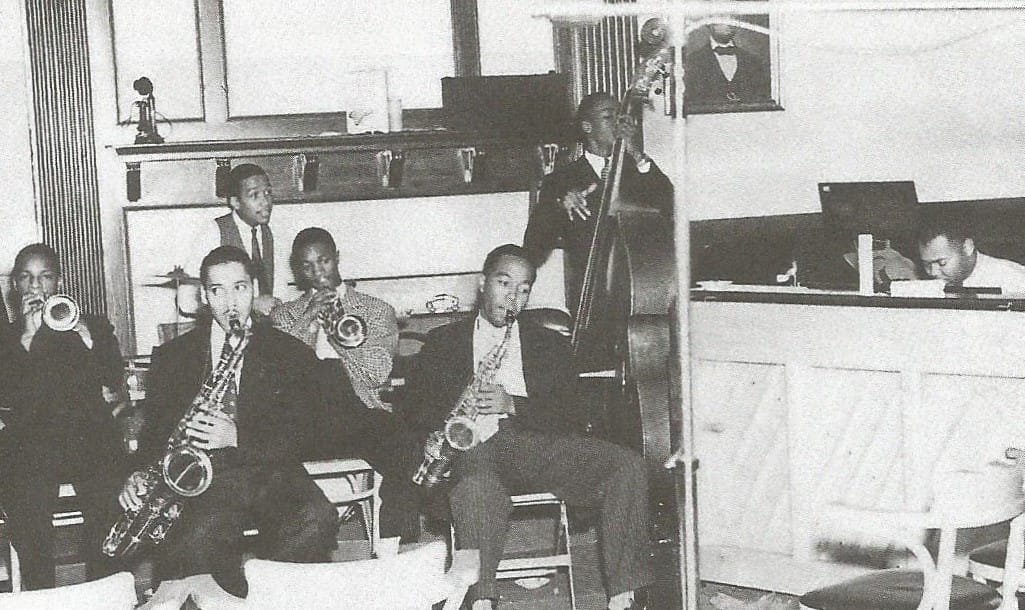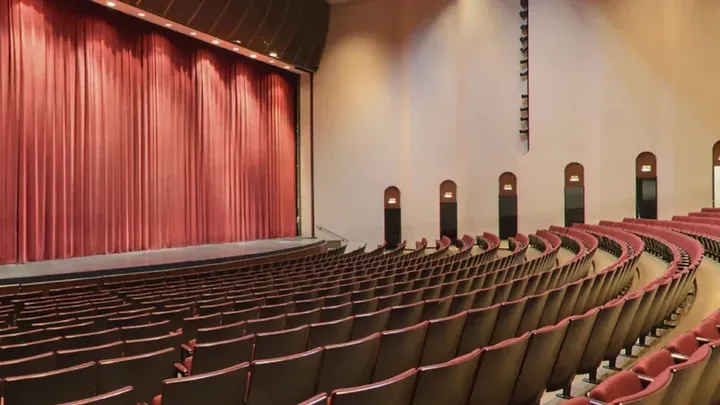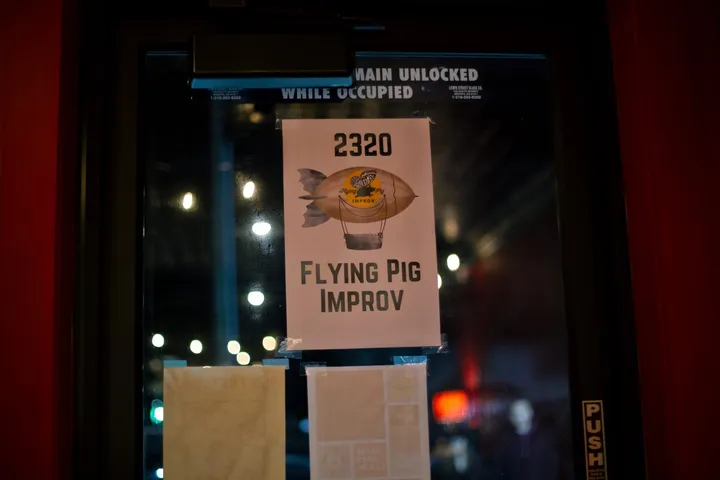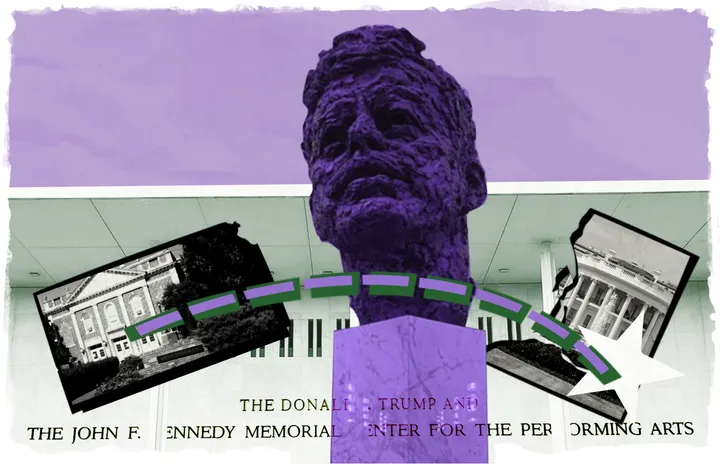Stage as sanctuary: In troubling times, theater is a refuge for Kansas high school students
The joyful environment of the annual Kansas Thespians Festival testifies to theater’s value as a refuge and life tutor for teenagers.
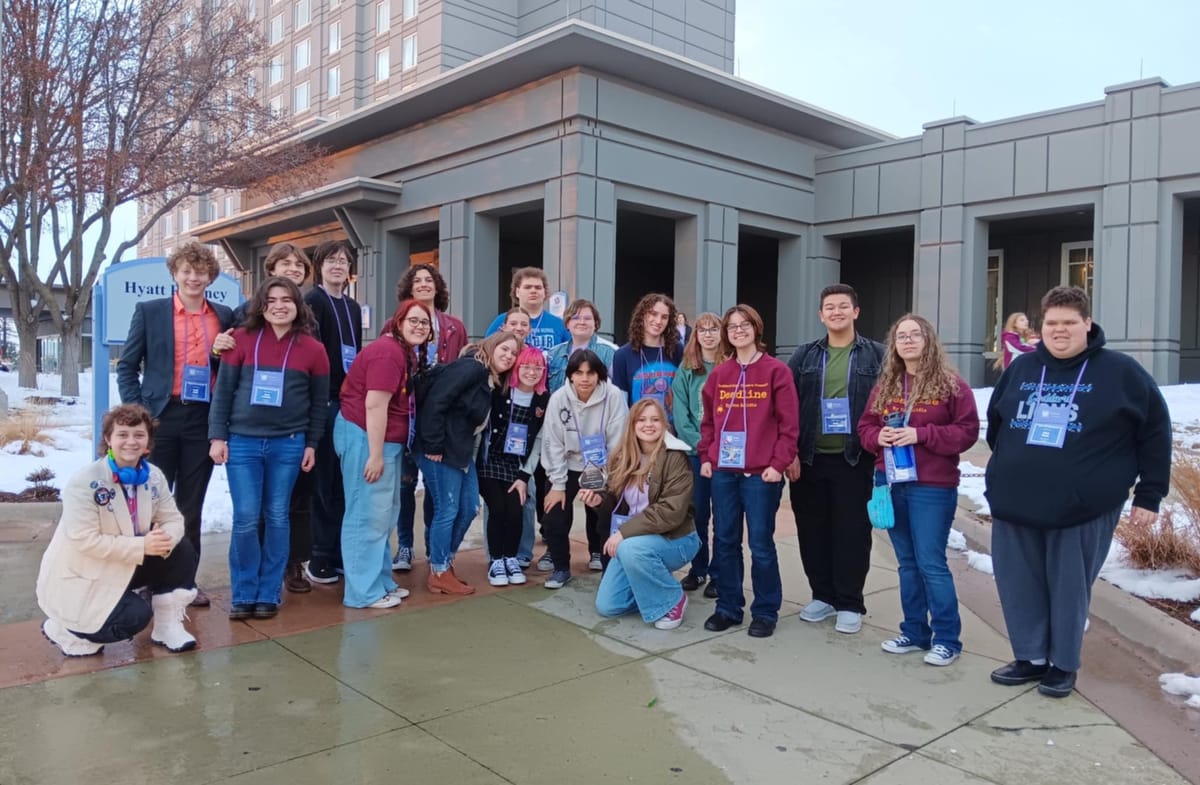
It was a great pleasure to attend the Kansas Thespians Festival this past January, where more than 70 high school theater programs gather nearly 1,600 students to demonstrate their work, learn together in specialized workshops, and audition for college representatives. In the exhibition hall, some 40 different schools from the region had tables for information and conversation. The students got a chance to meet other “theater kids” like themselves. They interacted with others who maybe don’t have the attention of their communities at home in the same way they have it here. Everyone at the festival was there for some aspect of a highly collaborative art form, and before the weekend was over, they were singing show tunes with strangers and stockpiling new ideas for their next show in front of their home crowd.
Perhaps what makes the programs I have encountered these past few years at this event so special is their resilience in the face of ambivalent communities. Schools are being pressured to tip away from student-centered, education-based decision-making and toward money management, curriculum censoring, and the promotion of ideologies. Parents are fearful, which creates a protectionism that is unhealthy for learning environments. Public schools are often praised for athletic successes, while theater programs — as well as art, debate, forensics, and other so-called “non-core” courses — operate under the radar and against all odds. Modern day sensibilities tell us only the profitable is worth engaging when in fact the human experience is broad and nuanced. It cannot be summed up in ticket sales or individual polished productions.
Kansas high school theater programs, at their best, bring communities together to celebrate the collaboration of their youth. These students work very hard to produce a public celebration of thought and discourse, even when no one is getting rich doing it.
While it is easy to complain online at home or in line at the grocery store about the systematic dismantling of public education, that isn’t very productive. What you can do is show up and demonstrate your concern by being there when the curtain rises.
The Kansas Thespians Festival, held annually in January, provides a statewide representation of these theater departments. Students from each local thespian troupe gather together in one place to witness the work of their peers from across the state. They are one part of a vast community of expressive individuals. In a sea of bright colors and bold personalities, no one stands out for being “weird.” The sea of weird becomes a kaleidoscope of shapes and colors, mesmerizing onlookers.
In the college exhibition hall, brochures, promotionals, business cards, and giveaway merchandise litter tables from every school, all brightly decorated in their colors. Red tablecloths, purple banners, and yellow pennants combine to create a carnival atmosphere with personnel barking their wares to each passing student. Incantations of “what do you like to do in theater?” and “what year are you in school?” cascade over wide-eyed students voicing tentative answers, “I love to perform.” “I’m a senior.” Students ranging from freshmen to seniors funnel through the college exhibition area, some costumed as their favorite characters from “Beetlejuice,” some trimmed in Thespians Festival shirts, and others sporting their own eccentric takes on modern fashion.
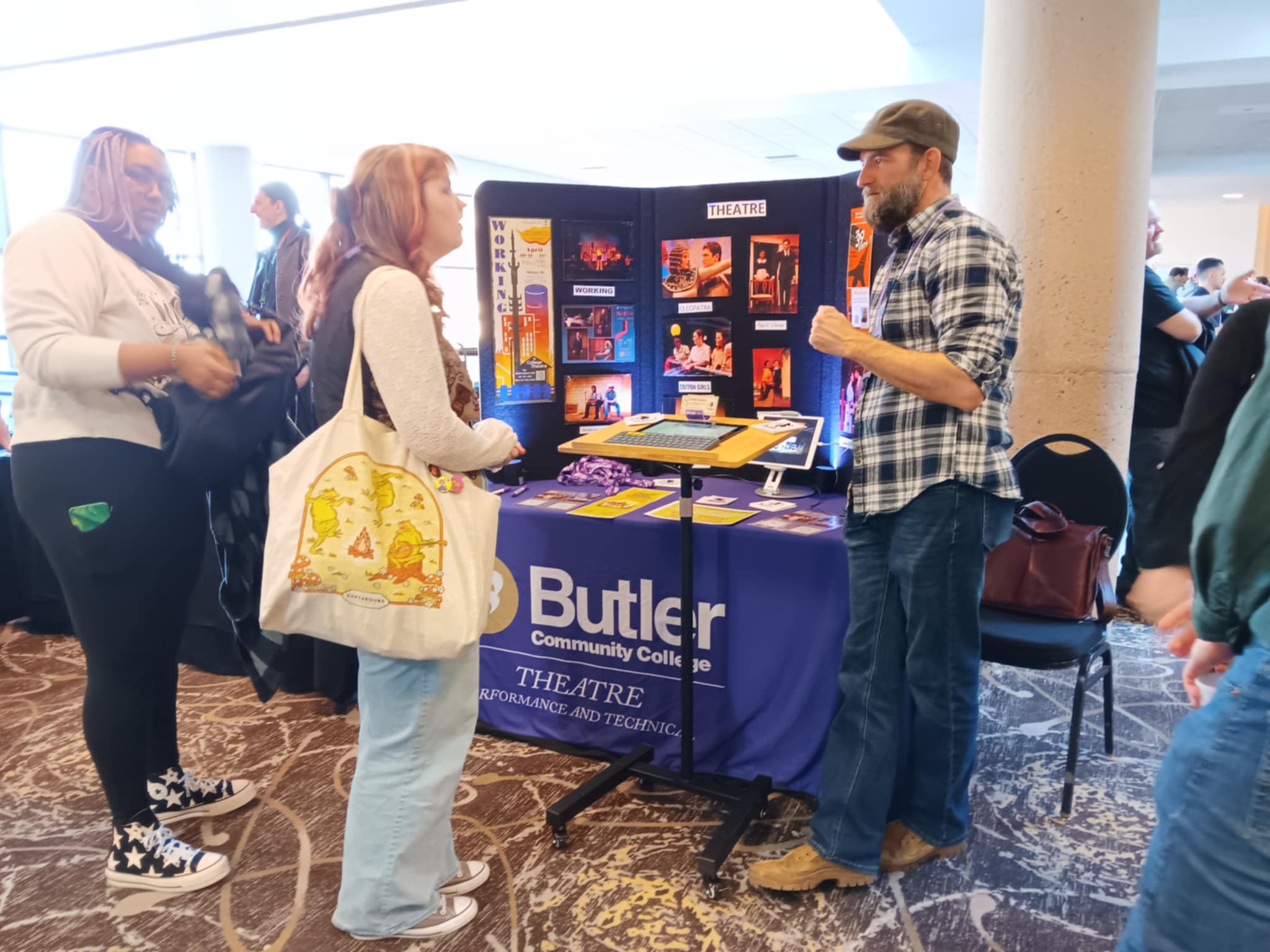
When I was a freshman in high school, I randomly selected “drama” as an elective. I didn’t know anything about theater or what to expect. I was an aspiring basketball player, and I thought drama class would be an easy A and a way to meet interesting people.
Both things were true, but as I made my way through high school, that elective became much more. I joined Salina Central’s Thespian Troupe 639. I left the basketball court for the stage. By the end of my senior year, I was president of the troupe and heading to Emporia State to major in theater. That random choice was an early fork in the road for a small-town Kansas boy who never looked back.
Subscribe to our free email newsletters
Stay in the know about Wichita's arts and culture scene with our Sunday news digest and Thursday events rundown.
No spam. Unsubscribe anytime.
One generation later, my own son attended his freshman year of high school via Zoom during the COVID pandemic. While the theater class through a screen was as far from thrilling as any other, it still introduced him to a community where he could put down roots. Three more years and countless hours of set building, rehearsing, and running productions fostered confidence, taught skills, and created a friend group that still gathers at the house when he is home from college.
In Kansas, and nationally, team sports provide a common place for young people to develop their sense of cooperation, gain grit, and learn about failure — but they also tend to be driven by celebrity and personal statistics as units of value, teaching winning above integrity and the notion that second place is the first loser. Church youth groups and faith-based organizations can be a source of hope, but these are too often addled by the politics of the church at large.
in Kansas, where sports reign supreme and religion is a political weapon all too often, theater groups serve as refuges for the outcast.
This isn’t to say theater programs are a utopia. In larger communities where professional theater is more accessible, youth theater is plagued with the same dangers as youth sports. Competitive parents become hovering antagonists and programs are celebrated and funded based on commercial success and the professional credits of past participants. But in Kansas, where sports reign supreme and religion is a political weapon all too often, theater groups serve as refuges for the outcast.
I am concerned for high school theater programs in our state. With the recent push to eliminate arts funding in Kansas, the prognosis for the our artistic future is grim. I am hearing from some high school theater teachers that their budgets are solely dependent on the ticket sales of their productions.
The only way to assure that we will keep our art programs intact for future generations is through support. While we may not be able to win every election, affect every hire, or single-handedly flip culture, we can support our local high schools. Attend the plays your local school produces. Buy concessions from their drama clubs. Reach out to a teacher and volunteer to help by donating hours, money, or material they might be able to use in productions. Even if they don’t immediately need your time, they will forever be grateful for the offer — and the administration will notice where the community shows up in numbers.
While it is easy to complain online at home or in line at the grocery store about the systematic dismantling of public education, that isn’t very productive. What you can do is show up and demonstrate your concern by being there when the curtain rises.
The Details
Learn more about the Kansas Thespians Society and the Educational Theater Society through their websites. Each high school in USD 259 has its own method of connecting with the public, most often through common social media platforms. Email addresses for Board of Education members are publicly available on the BOE website.
Leslie Coates is a theater faculty member at Butler Community College and has acting and directing credits from San Diego to New England. He is a former board member for Forum Theatre Company where he also appeared in "Christmas Letters," "Pump Boys and Dinettes," and various Words and Music performances.
⊛ Off-Broadway, a Kansas playwright meditates on the labor that defines us
⊛ Wayne Gottstine is 'back in the fight'
⊛ Star of MTW's 'Gypsy' finds purpose both on stage and from behind a pulpit
⊛ 'You don't have to give up': Clark Britton on making art into his 90s
⊛ Bygone Friends University museum housed curious collections
The latest from the SHOUT
 The SHOUTJessy Clonts Day
The SHOUTJessy Clonts Day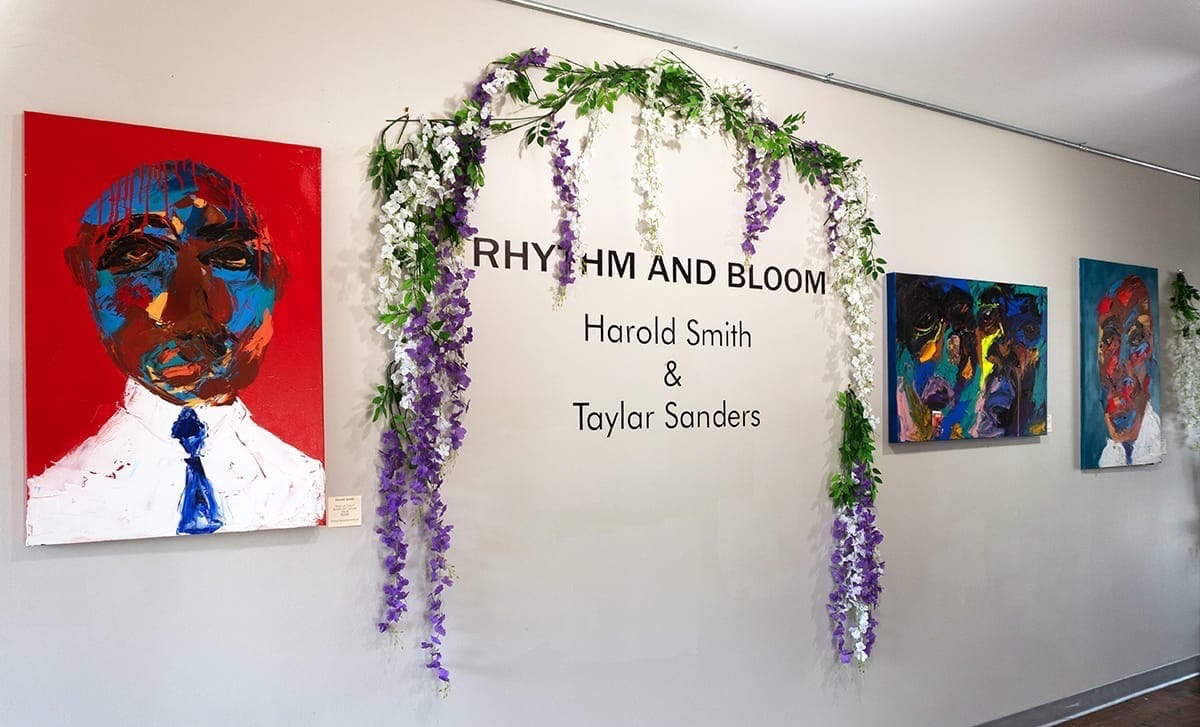
 The SHOUTAnne Welsbacher
The SHOUTAnne Welsbacher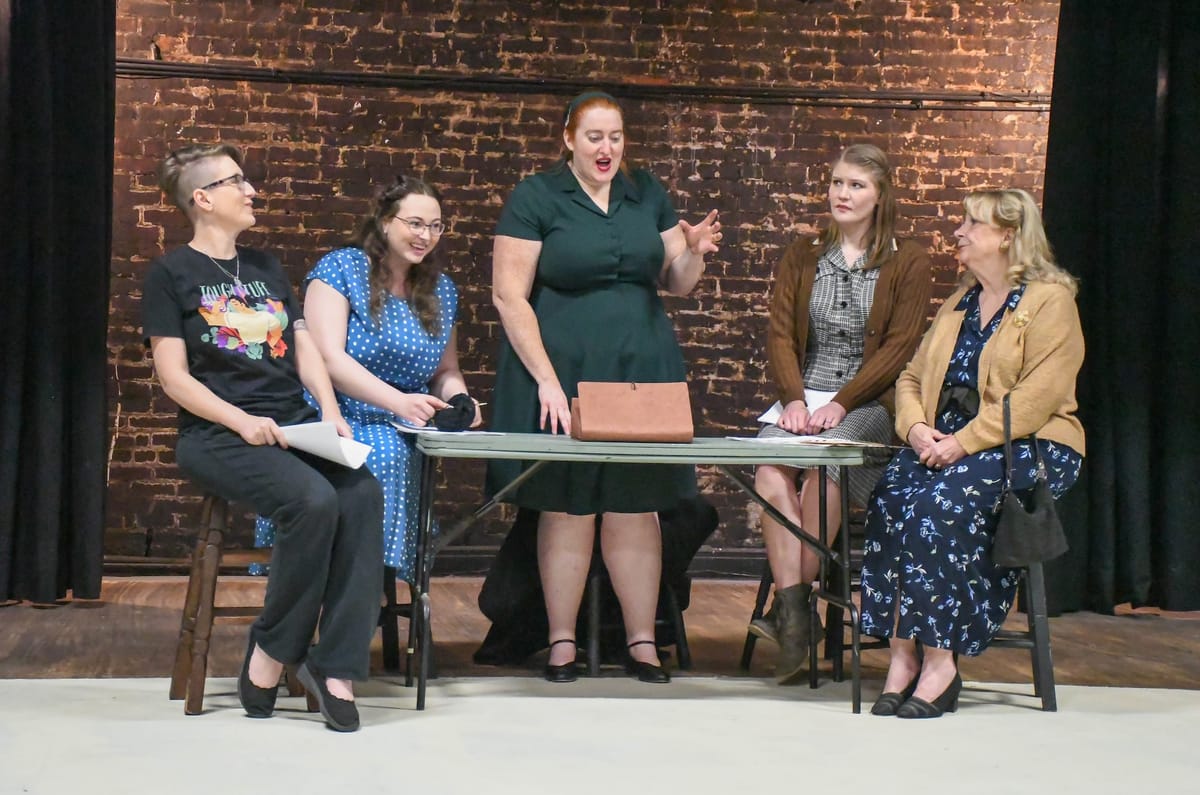
 The SHOUTAbby Bayani-Heitzman
The SHOUTAbby Bayani-Heitzman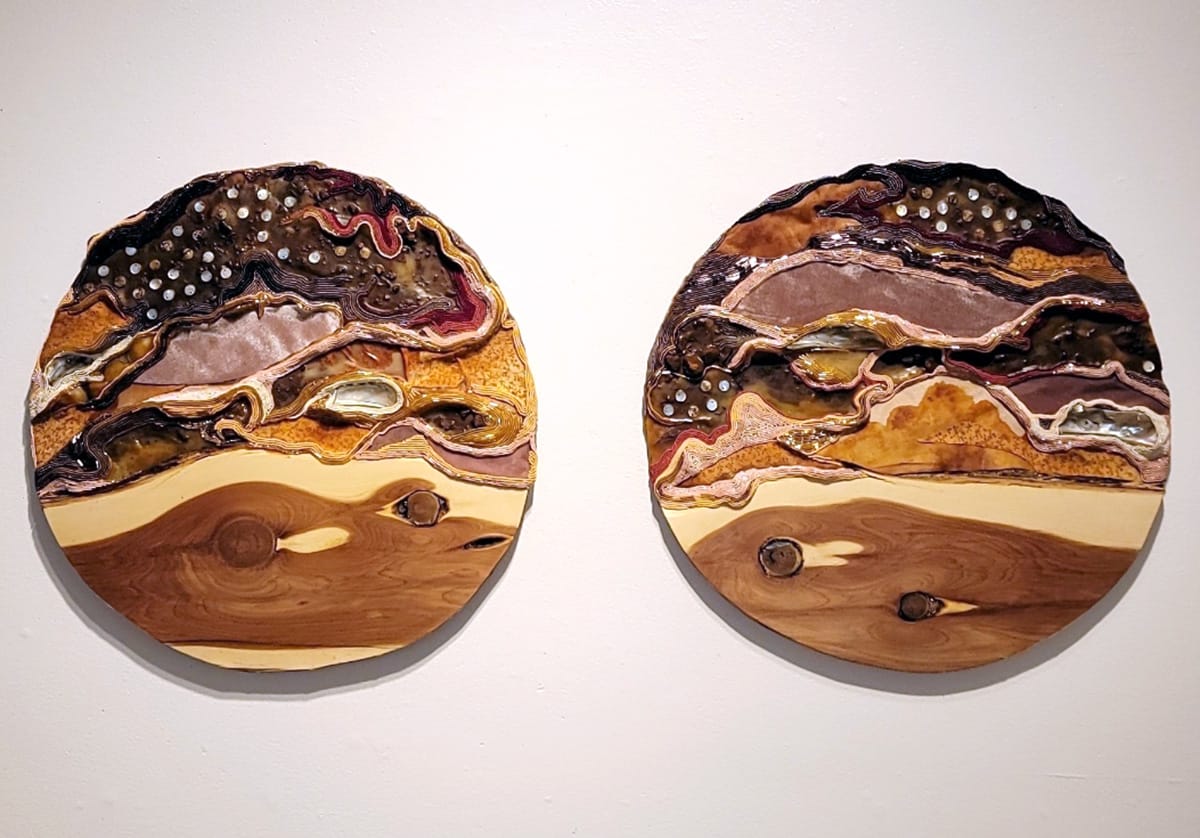
 The SHOUTSeth Bate
The SHOUTSeth Bate